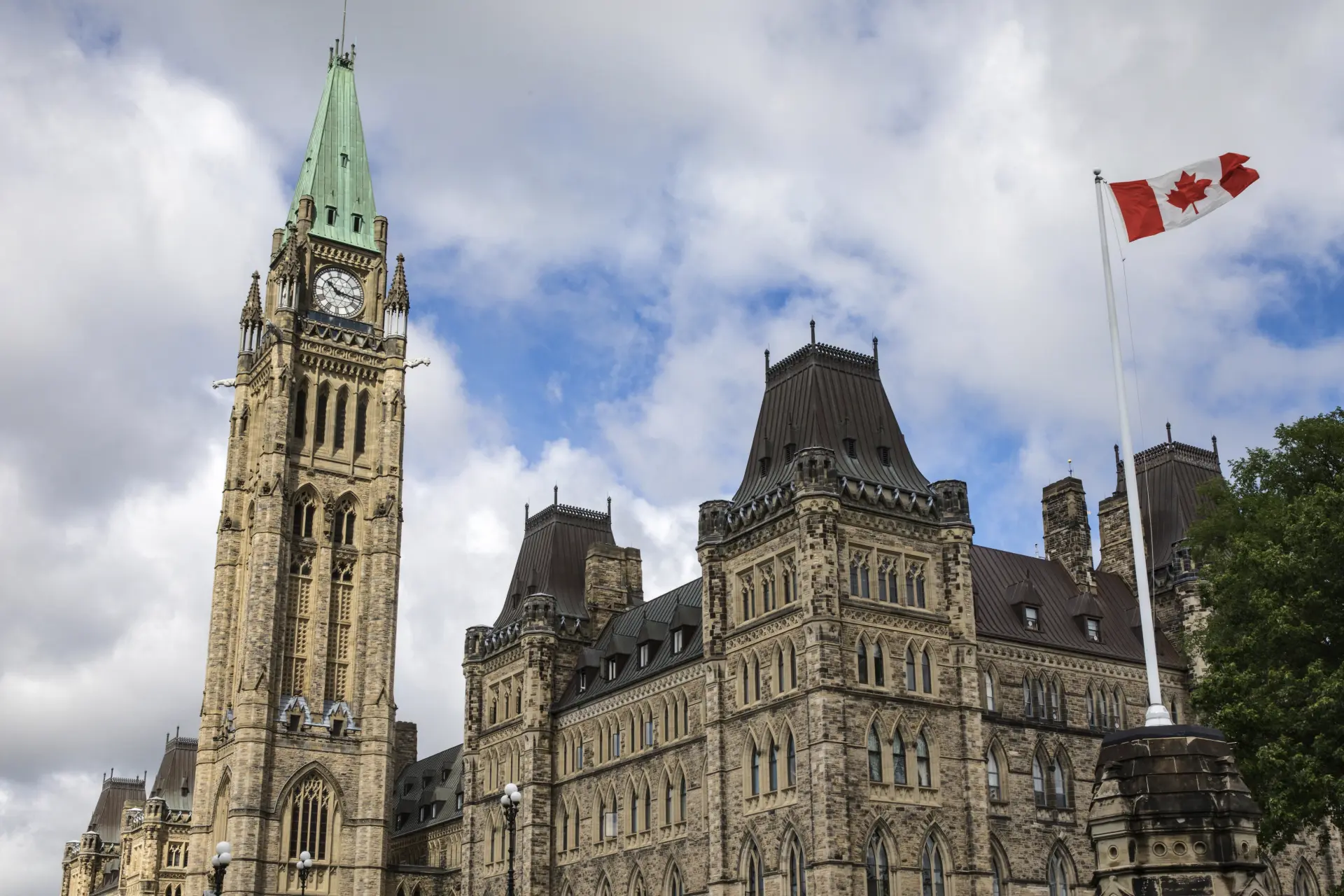Parliamentary Session Recap

Overview
Parliament is now adjourned following the House of Commons’ rise on June 23rd and the Senate’s rise on June 30th, following the passage of Bill C-30, the Budget Implementation Act, 2021 and Bill C-12, an act enshrining Canada’s GHG emissions management framework.
If speculation is to be believed, the 43rd Parliament has now met for the final time before a mid- to late-summer election call. The session ended on a bitter note with the governing Liberals and Official Opposition Conservatives accusing each other of obstruction and delay over issues related to the ongoing probe of sexual misconduct and harassment in senior levels of the Canadian Armed Forces as well as over the disclosure of classified documentation from the Public Health Agency of Canada (PHAC) related to the dismissal of two scientists at Canada’s National Microbiology Laboratory in Winnipeg.
With the latest session now in the books, we thought it timely to provide an overview of which bills passed, which didn’t, and what can potentially be expected next as election speculation hits a fever pitch.
Budget 2021, other key priorities that passed
With the ongoing COVID-19 pandemic taking up much of the Government’s time and attention, its legislative agenda has suffered at points throughout the Minority Parliament produced by the 2019 election. The Liberals have passed only 10 Government bills since the fall of 2019. However, in this session key measures were passed such as expanded COVID relief programs like the Canada Emergency Wage Subsidy (CEWS) and Canada Emergency Rent Subsidy (CERS), the 2021 Budget which serves as the Liberal roadmap to post-COVID recovery, the aforementioned Canadian Net-Zero Emissions Accountability Act, a bill enshrining the UN Declaration on the Rights of Indigenous Peoples (UNDRIP) into Canadian law, and a revision of the 2016 legislation on medical assistance in dying. The Government also passed emergency legislation in late March to head off a potential strike at the Port of Montreal.
Major legislation still in limbo, likely to die on Order Paper via imminent election call
Despite getting those key measures passed, the Government finds itself at risk of losing several other major pieces of legislation as all active bills on the Order Paper are automatically wiped clean and at the call of an election.
Still outstanding are Bill C-6, seeking to ban the practice of conversion therapy, Bill C-10 which stands as the Government’s attempt to amend the Broadcasting Act and regulate online content in defence of Canadian content against large streaming services, Bill C-11 which served as Innovation Minister Francois-Phillippe Champagne’s attempt to overhaul Canada’s consumer privacy and protection laws and Bill C-21, the Government’s firearm and gun control legislation which drew sharp criticism from both gun control and pro-gun advocates.
In addition to these, the Liberals also introduced late in the Parliamentary session bills to strengthen protection of the French language, create a new disability benefit, and crack down on online hate speech. With the introduction of the bills in the dying days of June, it is widely expected that these could well serve as parts of a broader party platform in an upcoming campaign.
Potential Election timing and next steps
The leader of each major federal party has claimed publicly that they do not want to trigger an election. A unanimous motion passed in the House of Commons in late May noted that to call one while the COVID-19 pandemic is ongoing would be “irresponsible.”
However, with significant progress being made on the national vaccination rates, there is widespread speculation that Prime Minister Trudeau will call an election before Parliament resumes on September 20th. The Liberal Party invoked an “electoral urgency” clause in its rulebook to speed up its candidate nomination process, and MPs held a special debate early in June to allow members who were not planning to run for re-election to make farewell remarks in the House. A series of national opinion polls over the last week have also shown a gap widening between the Liberals and Conservatives that puts the Government back within striking distance of a majority mandate.
Initial chatter was for a late August-early September writ drop and likely the minimum campaign period length of 36 days as mandated in the Canada Elections Act. There has been a sudden shift in the last week to suggest the call could come as early as the week of August 9-13 for a mid-September election day. Whatever the date, it is clear that an election is looming.
Happy to help.
Sussex is actively monitoring the impacts from Parliament’s adjournment and the potential timing of a federal election. We will provide you with the latest information and updates as they become available. If you have any questions, please reach out to the Sussex Federal Team or your Sussex point of contact.
Chris Benedetti, Managing Partner
cbenedetti@sussex-strategy.com
Devin McCarthy, Senior Vice President
dmccarthy@sussex-strategy.com
Liam Daly, Senior Associate
ldaly@sussex-strategy.com
Paul Tye-Ko, Senior Associate
ptye-ko@sussex-strategy.com
Roberto Chavez, Associate
rchavez@sussex-strategy.com
Brett James, Senior Counsel
bjames@sussex-strategy.com
Paul Pellegrini, Executive Chairman
ppellegrini@sussex-strategy.com


